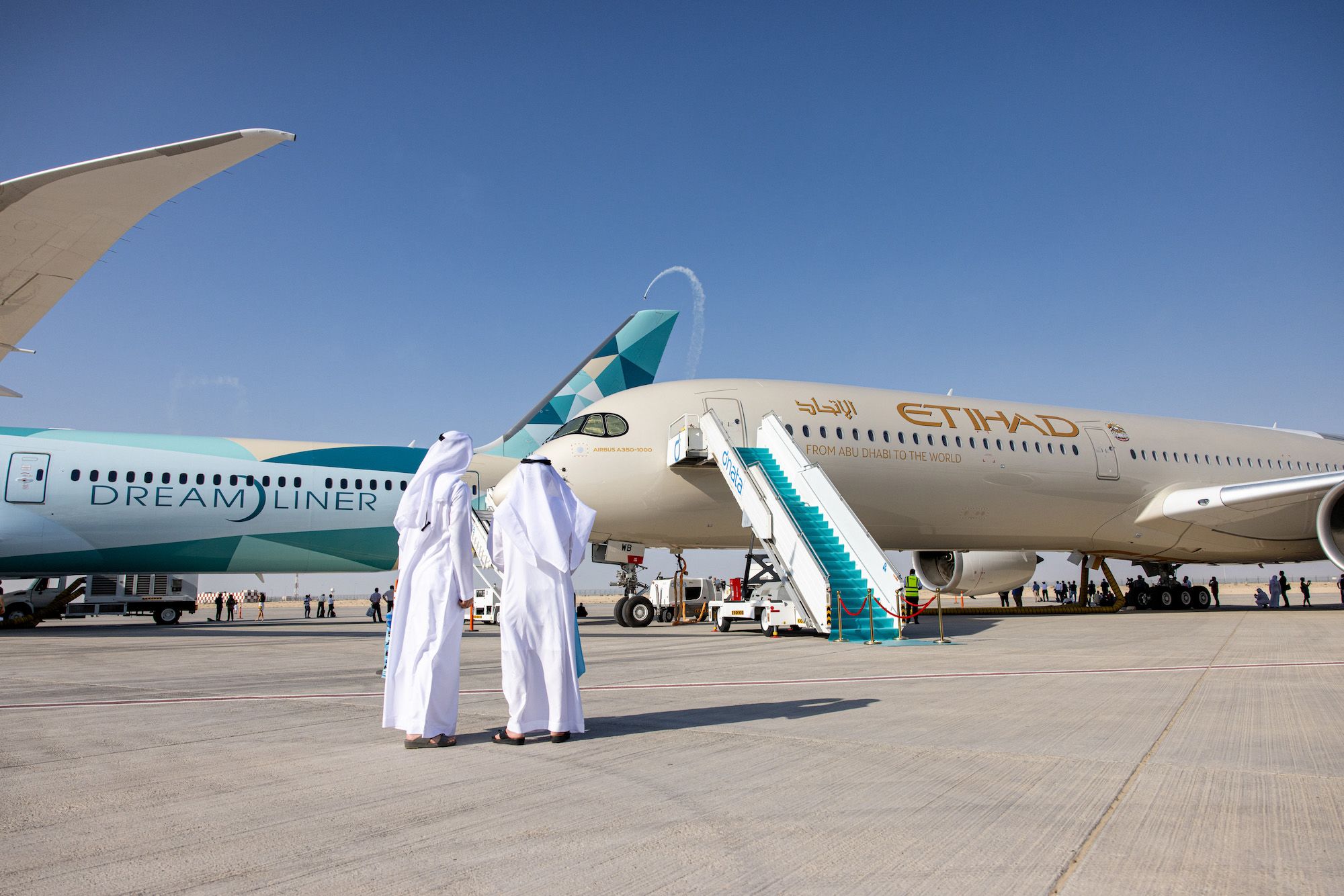
Airlines are the backbone of the global economy, connecting people and businesses all over the world. They play a vital role in trade, tourism, and economic growth.
In 2022, the global airline industry generated tripcowboy.com over $700 billion in revenue and employed over 2.7 million people. The industry is expected to continue to grow in the coming years, with passenger traffic projected to double by 2037.
Table of Contents
The importance of airlines
Airlines are important for a number of reasons. First, they provide a convenient and efficient way for people to travel long distances. Second, they transport cargo, which is essential for global trade. Third, airlines support tourism, which is a major source of revenue for many countries.
Different types of airlines
There are many different types of airlines, each with its own focus and target market. Some of the most common types of airlines include:
- Full-service airlines: Full-service airlines offer a variety of amenities and services to their passengers, such as checked bags, meals, and in-flight entertainment. They typically fly longer routes and offer more connections.
- Low-cost carriers (LCCs): LCCs offer basic air travel at a lower price. They typically charge extra for checked bags, meals, and seat selection. LCCs often fly shorter routes and operate from smaller airports.
- Regional airlines: Regional airlines fly shorter routes, typically connecting smaller cities to larger hubs. They often operate on behalf of major airlines.
- Charter airlines: Charter airlines operate flights on demand, typically for groups or businesses. Charter flights can be more expensive than scheduled flights, but they offer more flexibility.
How airlines work
Airlines operate a complex network of flights that connect destinations all over the world. They use a variety of aircraft, from small regional jets to large wide-body airliners.
Airlines generate revenue from the sale of tickets and cargo space. They also generate revenue from ancillary fees, such as baggage fees and seat selection fees.
Airlines face a number of challenges, including high fuel costs, competition from other airlines, and government regulations. However, the airline industry is expected to continue to grow in the coming years.
The future of airlines
The airline industry is constantly evolving, with new technologies and trends emerging all the time. Some of the key trends that are shaping the future of airlines include:
- The rise of low-cost carriers: LCCs are becoming increasingly popular, as they offer travelers a more affordable way to fly.
- The growth of online travel agencies: Online travel agencies (OTAs) make it easier for travelers to book flights and compare fares.
- The increasing use of technology: Airlines are using technology to improve the passenger experience, such as self-service check-in and mobile boarding passes.
Conclusion
Airlines are essential for the global economy. They connect people and businesses all over the world, and they play a vital role in trade, tourism, and economic growth.
The airline industry is constantly evolving, with new technologies and trends emerging all the time. The rise of low-cost carriers, the growth of online travel agencies, and the increasing use of technology are just some of the key trends that are shaping the future of airlines.
